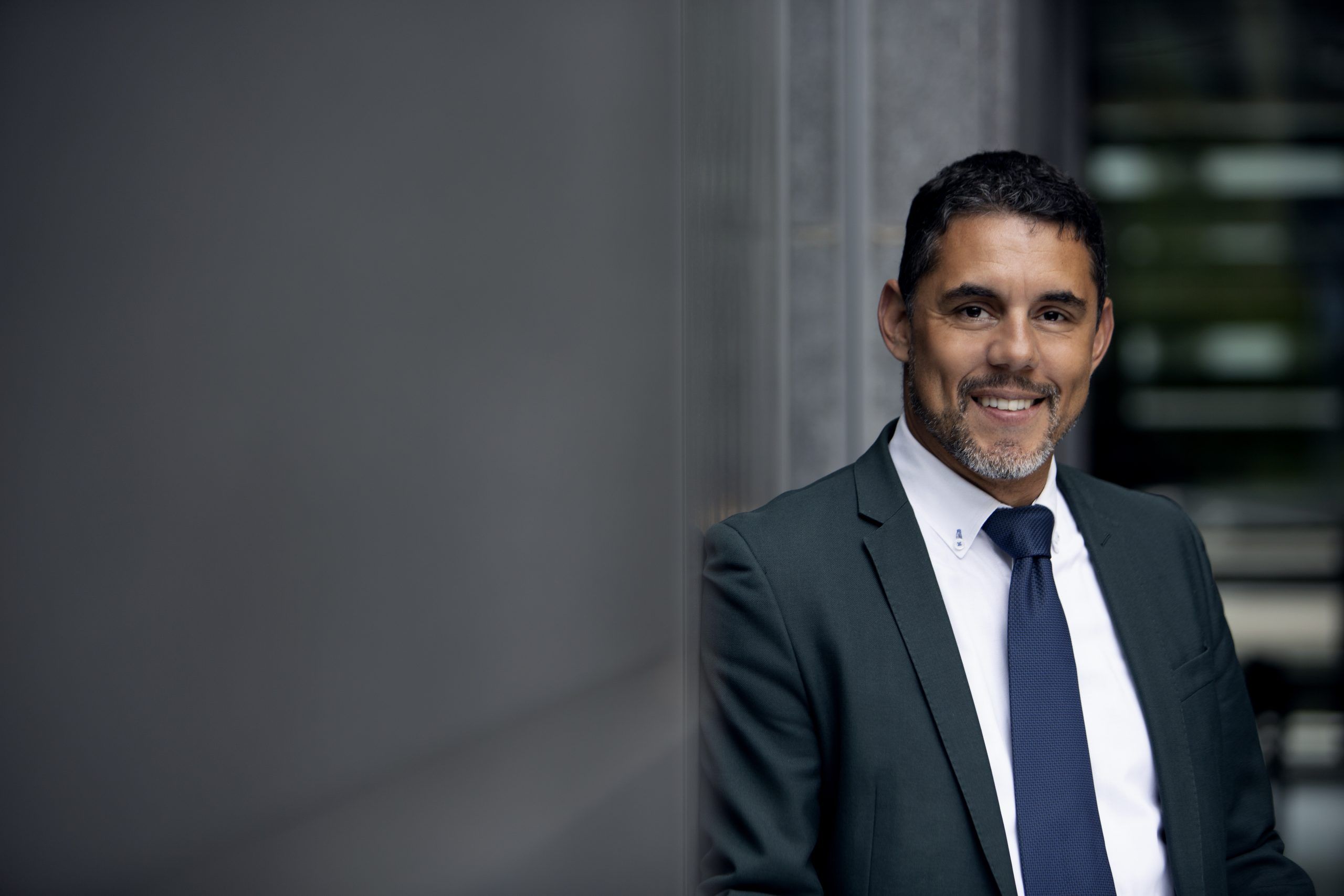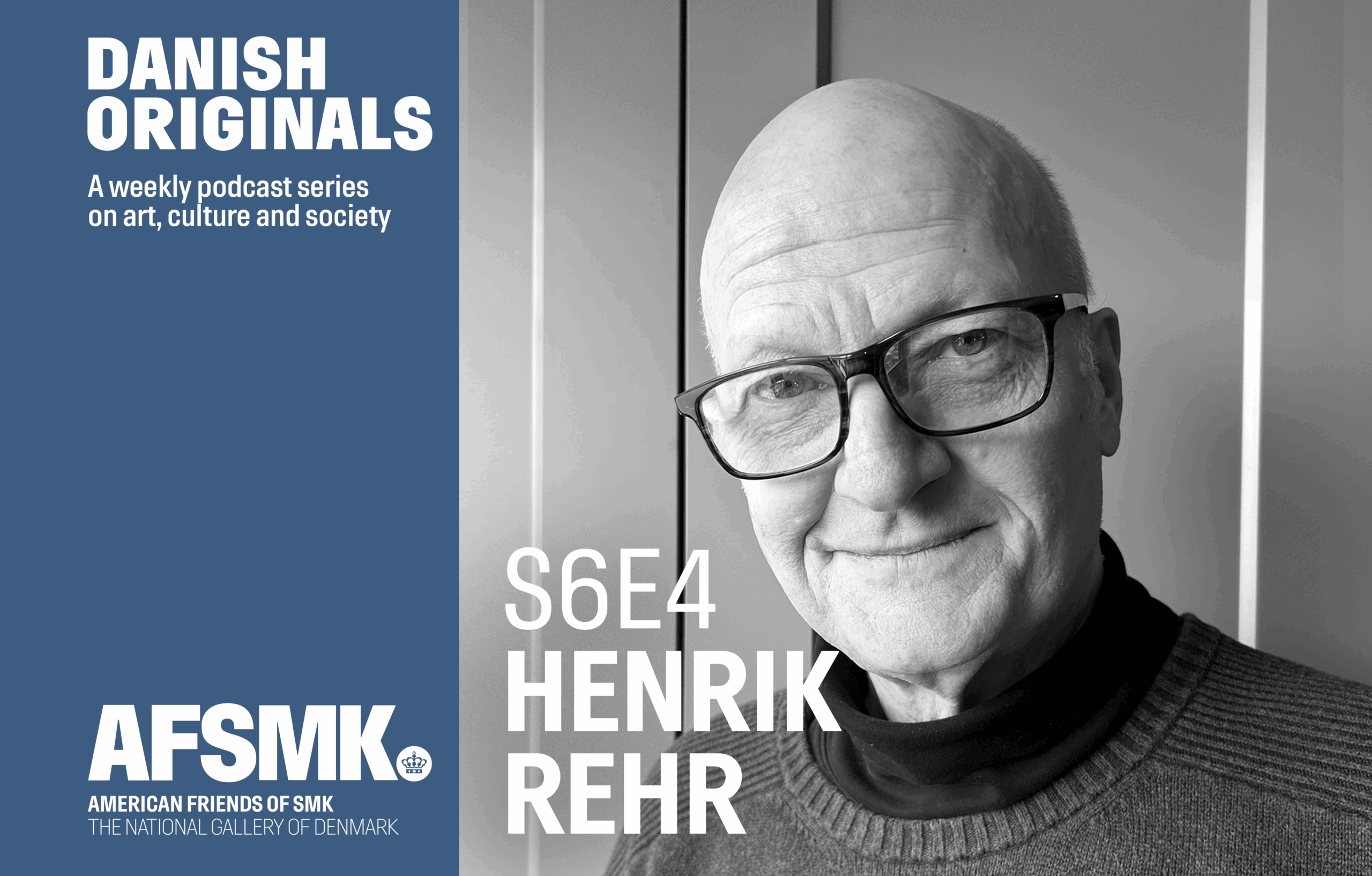Frederiksberg councillor David Munis Zepernick is standing for re-election following a successful campaign in 2017.
The issues close to the Radikale Venstre politician’s heart reflect his heritage (through his mother he is a quarter African), his volunteer work (chiefly as the chair of the Safe and Alive Foundation, an organisation working to assist victims of trafficking) and sense of outrage.
From tax avoidance to tabloid hypocrisy, he has built up a reputation for tackling corruption – in his municipality and further afield.
As far as Zepernick is concerned, internationals are a huge asset to the capital, and he works tirelessly to make their voices heard.
Additionally, he is his party’s spokesperson for all municipal matter relating to schooling, housing and social affairs.
It seems that one of the main pillars of Radikale’s communication revolves around the involvement of international citizens and the need to involve them in the voting process.
I certainly want to encourage more foreigners to exercise their right to vote in the local and regional elections. It’s a way of saying “Welcome, I acknowledge that you’re here, and I would like you to contribute to our community, political process, and local and regional democracy.” I like to call it political integration. We tend to focus on their obligations, when it should be about their rights. We have to encourage EU citizens to vote more by making them feel invited.
In an article published on the FrederiksbergLiv website, you pointed out how eligible ‘indvandrer’ [immigrants and their descendants] vote more in parliamentary elections than in municipal elections. How big a problem is that?
Yes, less than half vote. And the same with their descendants. If they are not tapping into local democracy, I think it’s like the canary in the coal mine. In the last general election we tried to reach out to non-western immigrants. We think it’s a matter of principle. And there is an element of self fulfilling prophecy here: if you make people feel welcome, they will respond positively. But we were accused of vote fishing. If we are not supposed to do it as a political party, who should do it ? Each party should actually embrace this idea. But I’m not naive. Some parties are very reluctant to do so because for tactical reasons, it will probably not benefit them in the election. So you could call it jealousy: that definitely plays a part. It’s not progressive at all, and it’s not “pro-Europe”. Some politicians in Denmark are very eager to fuel that conflict between Danes and foreigners.
Why does Denmark allow its foreign citizens to vote in municipal and regional elections. Many European countries don’t?
You work here. You pay taxes here. A substantial amount is actually spent by the municipalities. So you should also be able to have a say in the political discussion about how your money is spent on a local scale. It falls in line with the old saying from the American Revolution: “No taxation without representation”. And the number of people, the turnout, is an indication of whether or not you have a well functioning democracy. I would actually be willing to go a bit further and give EU citizens the right to vote in national elections.
What are your predictions for this election?
Konservative has held power in Frederiksberg for 112 years: it’s the jewel in their crown. But four years ago we only missed out by 168 votes. If we succeed this time, we want to change schooling and housing. Substantially more needs to be invested.
What about the employment sector? What job stability do you expect to bring?
That’s a good question, and in my professional work as Head of Business Development with the Danish-Swedish Life Science Cluster Organization, Medicon Valley Alliance, I work with that issue as well. I believe we need to persuade international students to stay: invest in making them stay for a long term. Often, it’s not merely an individual matter, but a family decision, so we need to target a whole group. After the pandemic, a new reality has kicked in. We cannot find the people that we need to keep the engine running. We cannot sustain the current model with only Danes. Industry is raising its voice, and finally other parties are starting to support this policy. If we want to preserve and develop the welfare state as we know it, extra hands are a precondition. We recently proposed in Frederiksberg that we should reach out and talk to Afghan refugees, because we have a special responsibility there.
Compared to other municipalities, you’ve been successful at getting immigrants into education and the workplace. So what’s next?
Yes, we’ve been quite successful, and some of the right-wing parties seem content at that. But I think we should lift the burden of other municipalities that have difficulties, especially in the west of Copenhagen, and exercise some solidarity. Frederiksberg is first and foremost an integrated part of the capital region. That’s how I envision the political landscape.
So what next for the capital region?
I hope we will continue to develop with an international, pro-European open-minded mindset and finally cast off the conservative, backward-looking, traditional thinking that we’re still struggling with.
















